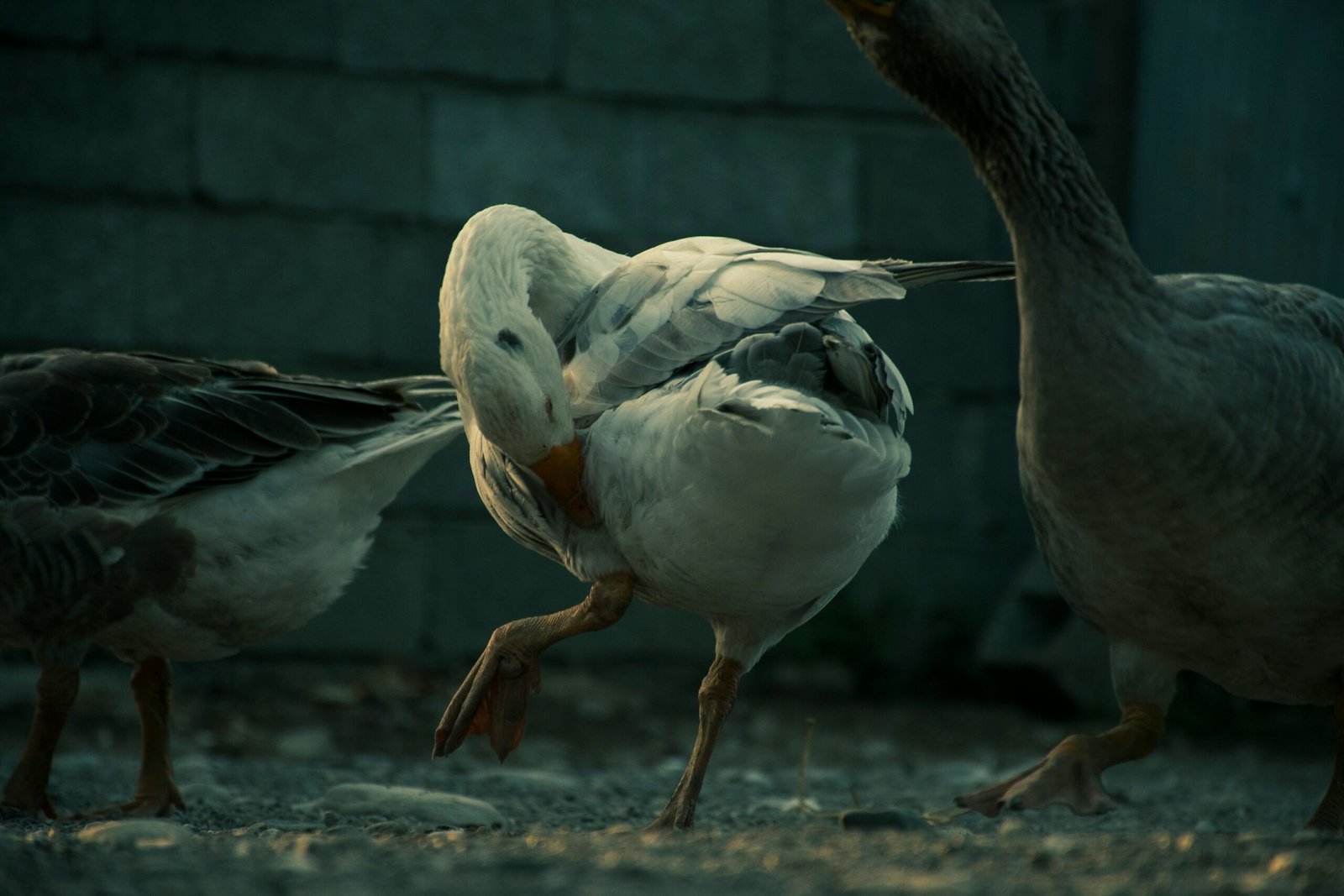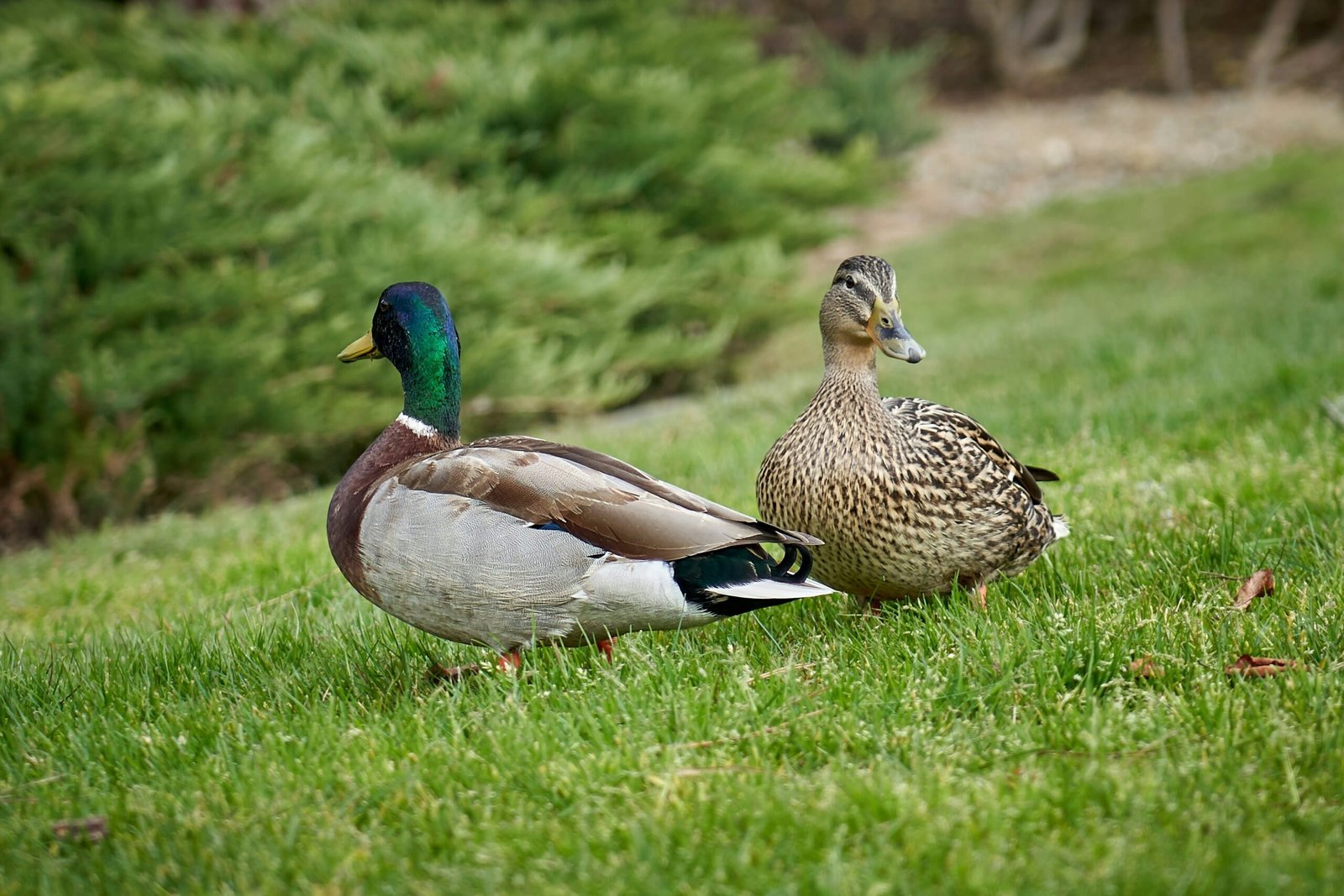The mystery of why ducks cease to lay eggs can be perplexing and vexing for duck keepers and farmers alike. There exists a multitude of potential factors that may hinder your ducks from laying eggs, and it is imperative to pinpoint and rectify these issues to facilitate optimal egg production. This article delves into some prevalent causes that might be hampering your ducks’ ability to lay eggs and offers pragmatic solutions to aid you in surmounting these obstacles.
Insufficient Lighting
One of the predominant reasons for diminished egg production in ducks is inadequate lighting. Ducks, akin to other poultry, depend on a specific quantum of daylight to invigorate their reproductive systems and catalyze egg-laying. As autumn and winter seasons usher in shorter days, the natural instincts of ducks to lay eggs wane.
Addressing this issue is as simple as supplementing additional lighting in the duck coop or enclosure. Utilizing artificial lights to augment the photoperiod can aid in maintaining a steady egg production cycle throughout the year. It is crucial that the artificial lighting is configured to deliver a minimum of 14 to 16 hours of illumination per day.
– Use energy-efficient LED lights
– Install the lighting system on a timer for convenience
– Position the lights to maximize the area they cover
Nutritional Imbalances
The dietary regimen and nutrition of ducks substantially influence their overall health and egg-laying potential. Ducks necessitate a balanced diet brimming with essential nutrients to bolster their reproductive systems and sustain optimal egg production.
It is crucial to feed your ducks a premium commercial feed specifically concocted for laying ducks. This feed should be packed with sufficient levels of protein, calcium, vitamins, and minerals that are pivotal for egg production. Additionally, dispensing supplementary calcium sources such as crushed oyster shells can help avert calcium deficiencies, which can lead to poor eggshell quality.
– Always ensure fresh and clean water is available
– Supplement their diet with green leafy vegetables and fruits
– Avoid overfeeding as it can lead to obesity and related health issues
Stress and Environmental Factors
Stress and adverse environmental conditions can significantly hamper ducks’ egg-laying patterns. Ducks are susceptible to disturbances, loud noises, extreme temperatures, overcrowding, and predator presence. These factors can disrupt their natural behavior and curtail their inclination to lay eggs.
To alleviate stress levels, ensure a tranquil and quiet haven for your ducks. Regulate the temperature and humidity levels to cater to their comfort. Sufficient space should be allocated to circumvent overcrowding, and threats from predators should be eliminated to establish a secure habitat where your ducks can flourish.
– Use a thermostat to regulate coop temperature
– Provide natural shading and water sources for cooling in hot weather
– Implement safety measures like fences to deter predators
Age and Breed
The age and breed of your ducks also play a part in their egg production capacity. Ducks typically commence laying eggs between five to seven months of age, with the timeline varying according to the breed. Some breeds are inherently more prolific layers than others. If your ducks are still in their juvenile phase, patience is key: allow them ample time to reach maturity before anticipating consistent egg production.
Breeds such as Khaki Campbells and Indian Runners are renowned for their exceptional egg-laying prowess. If your primary interest lies in egg production, consider opting for breeds that are specifically reared for high egg yield.
– Young ducks need a balanced grower feed to mature properly
– Ducks should be allowed to mate naturally to ensure successful reproduction
– Regular health checks are essential, regardless of breed
Health Issues and Parasites
Health ailments, infections, and parasites can detrimentally affect ducks’ overall well-being and egg production. It’s indispensable to monitor your ducks for any symptoms of health complications and address them expeditiously to thwart further complications.
Regularly inspect your ducks for external parasites like mites and lice. Administer them suitable anti-parasitic medications or solicit veterinary assistance if required. Besides, ensure that your ducks are safeguarded against prevalent diseases through appropriate vaccination and biosecurity measures.
– Regular cleaning and disinfection of the coop can prevent many diseases
– Vaccination should be done as per the recommended schedule
– Seek immediate veterinary care if any duck appears ill
Conclusion
Discerning the reasons why your ducks are not laying eggs is the cornerstone for resolving the issue and enhancing egg production. By tackling factors like insufficient lighting, nutritional imbalances, stress, age and breed, and health complications, you can cultivate an environment that fosters optimal egg-laying capabilities in your ducks.
Remember to ensure sufficient illumination, feed a balanced diet, maintain a serene environment, take into account the age and breed, and monitor and address health complications promptly. With proper care and attention, your ducks will soon be contentedly laying eggs, leading to a thriving flock and a plentiful supply of fresh eggs.’











